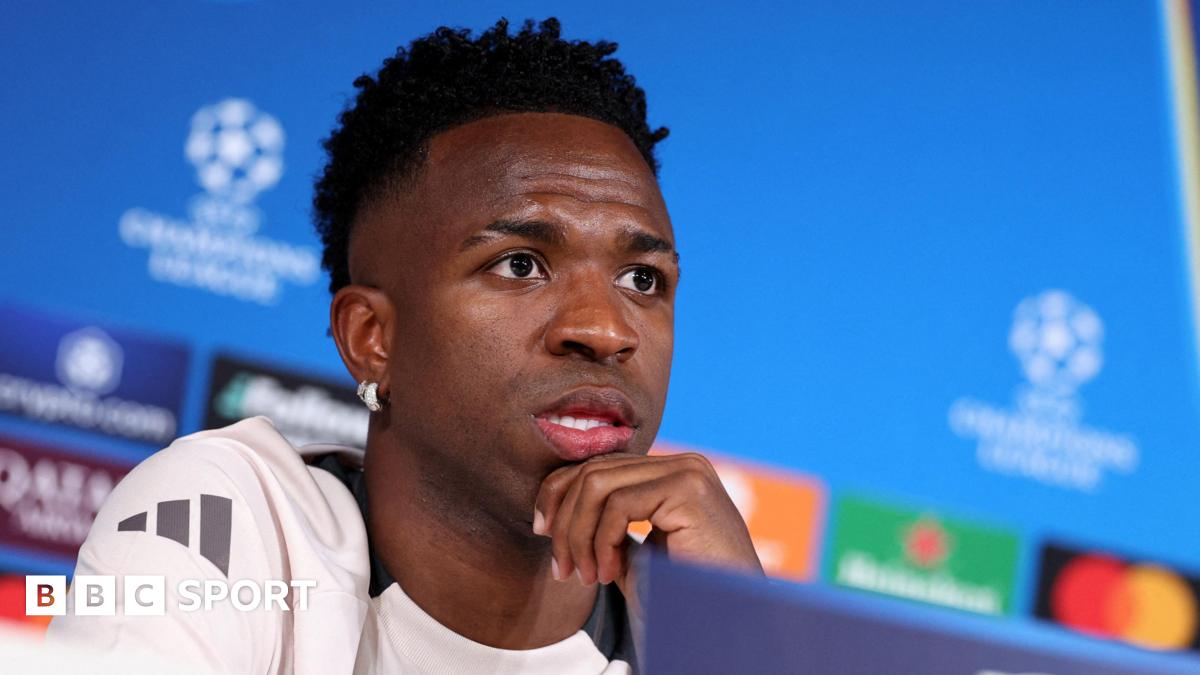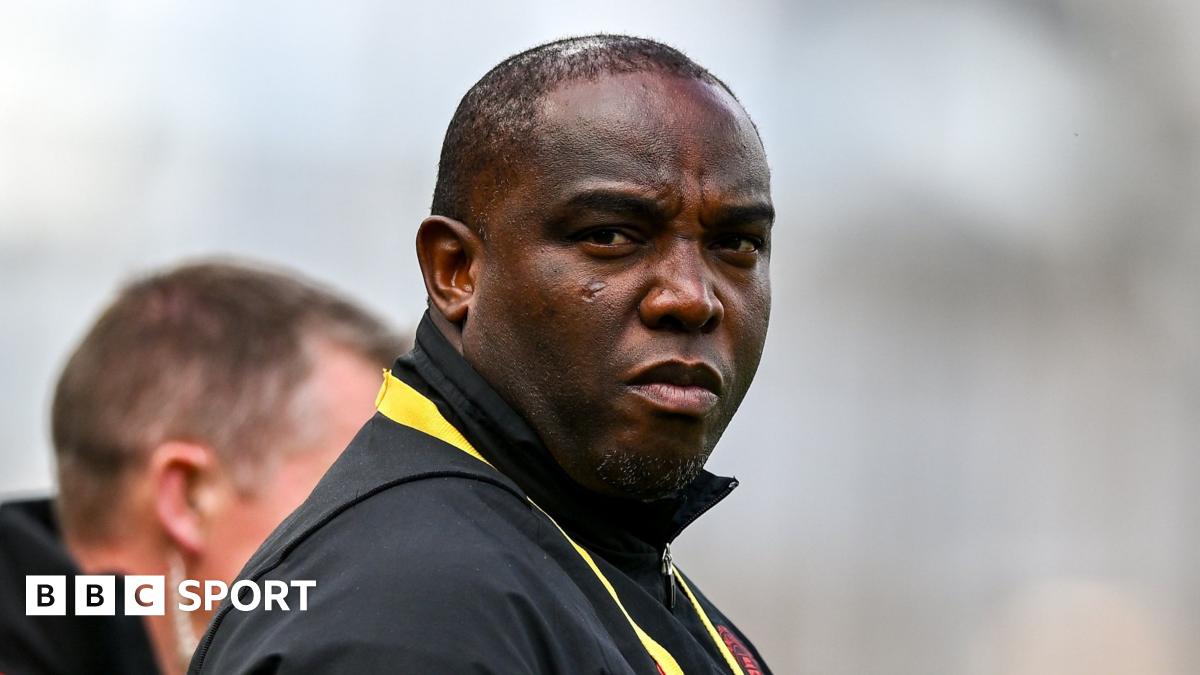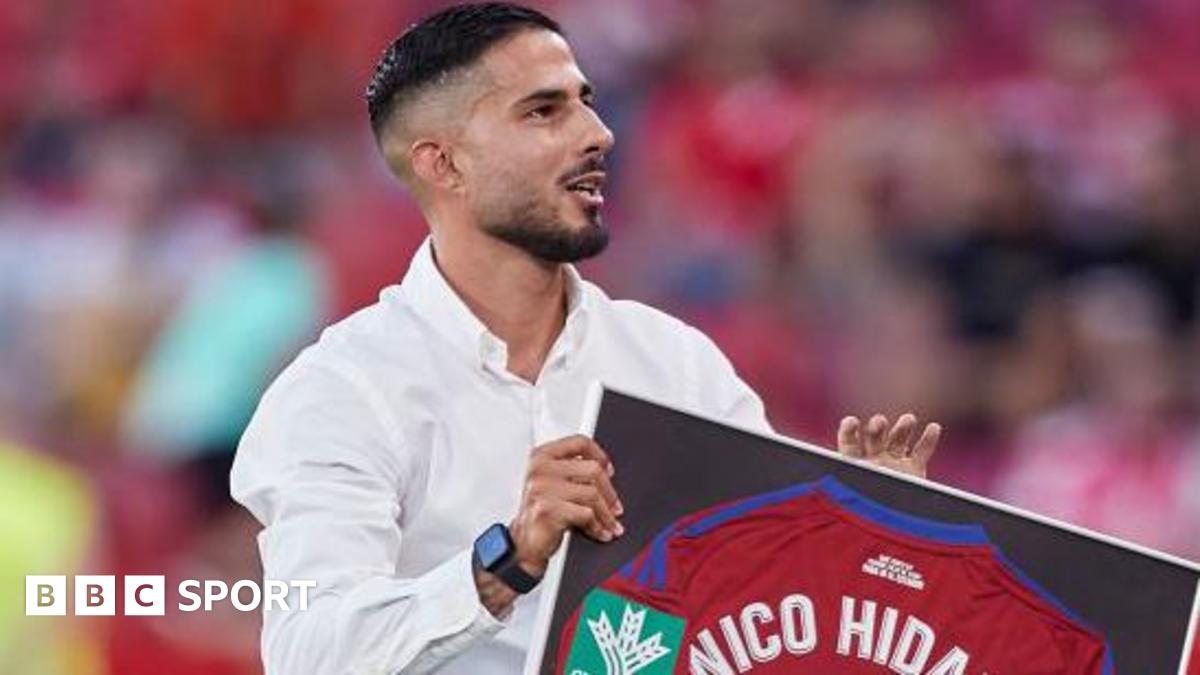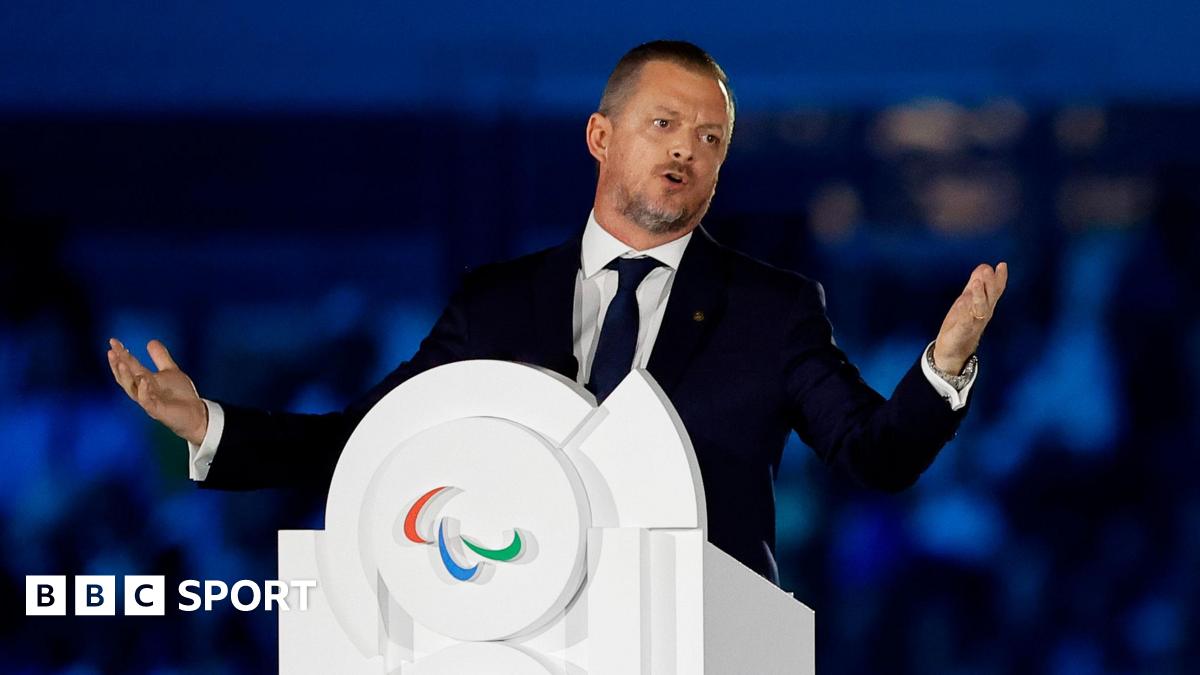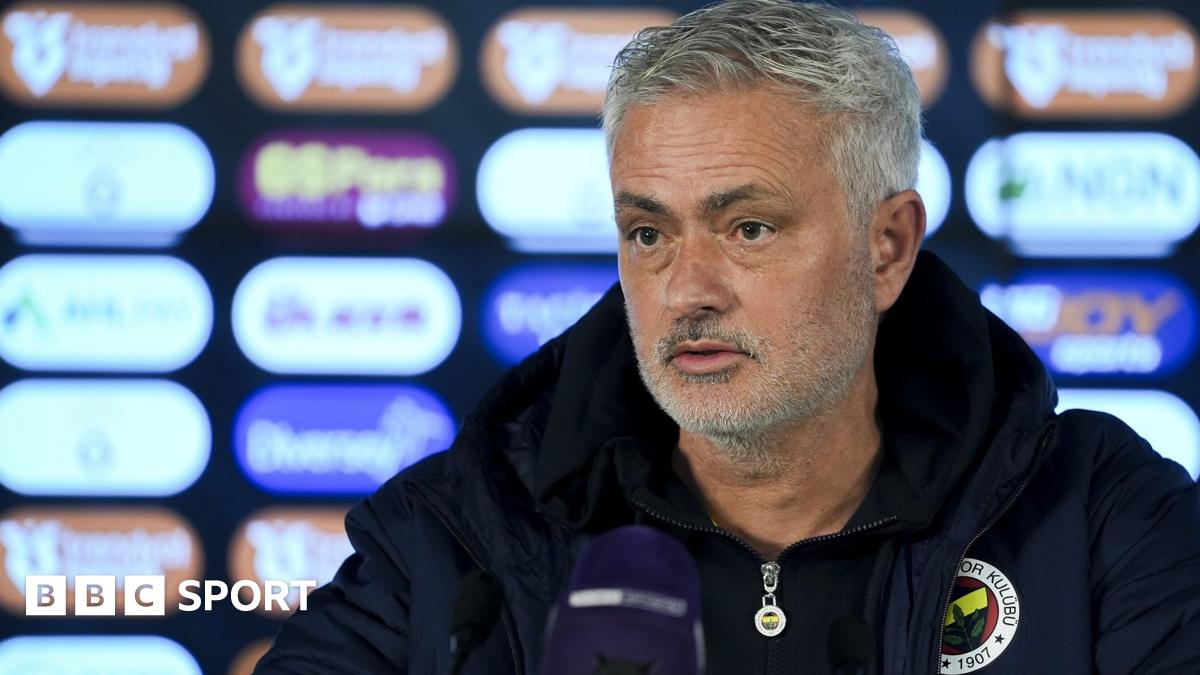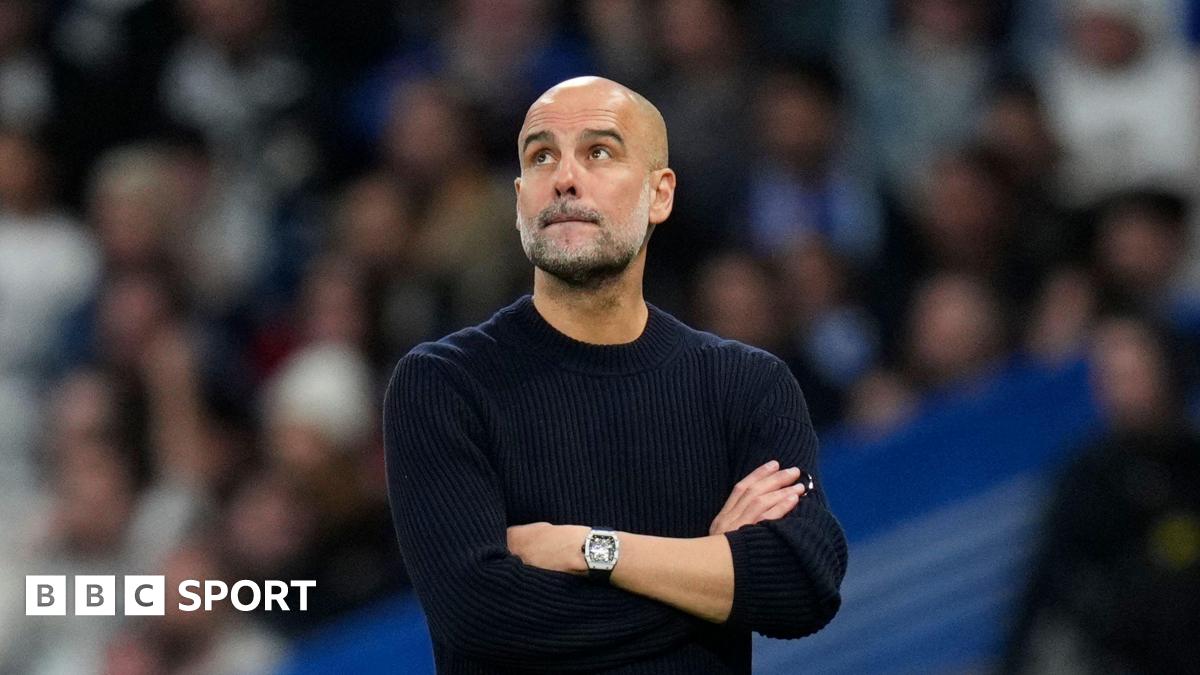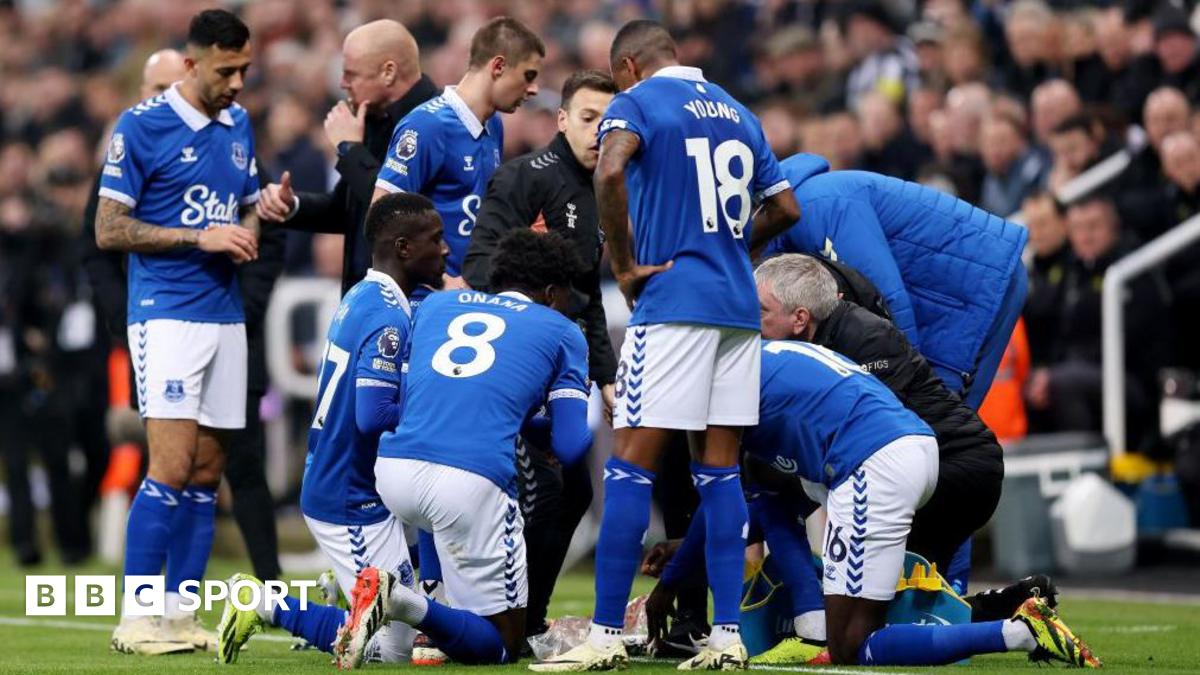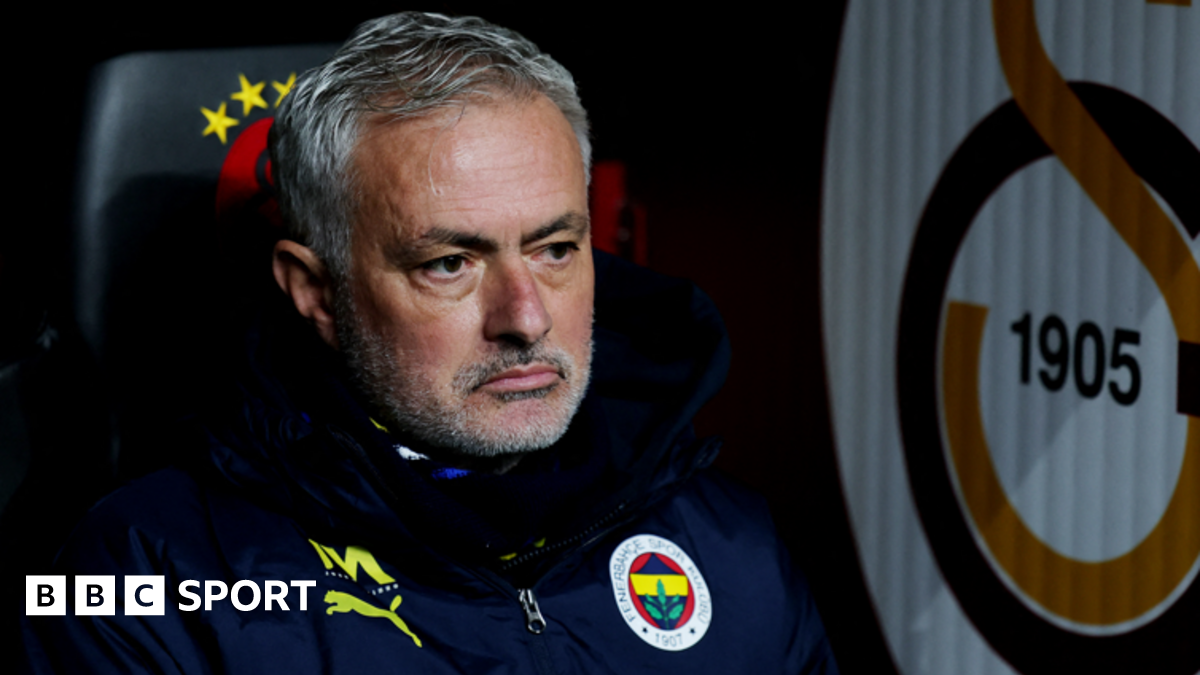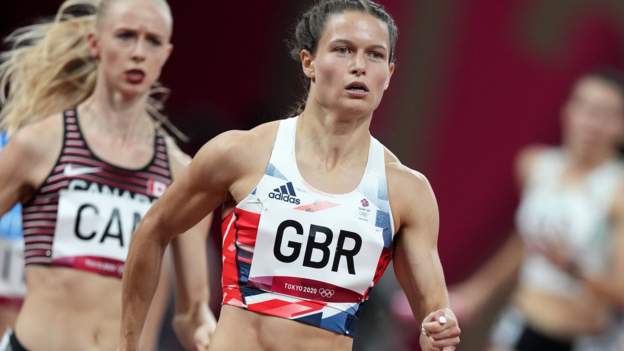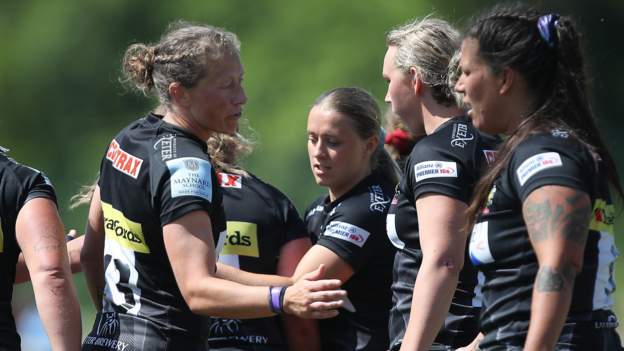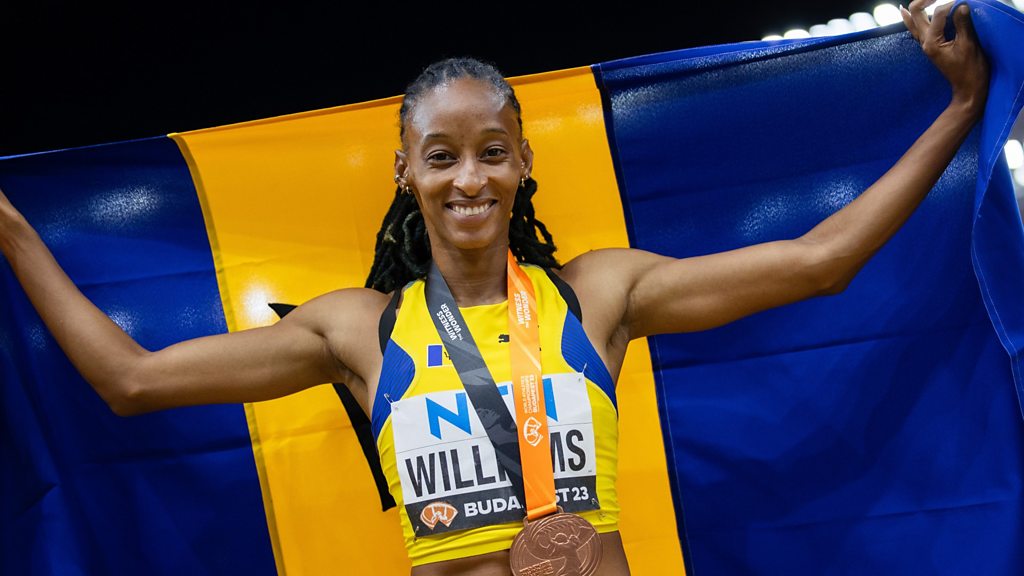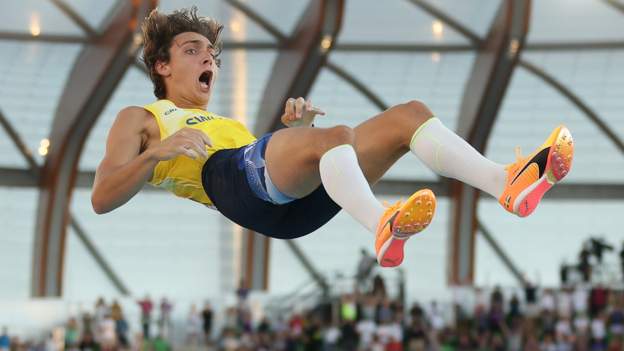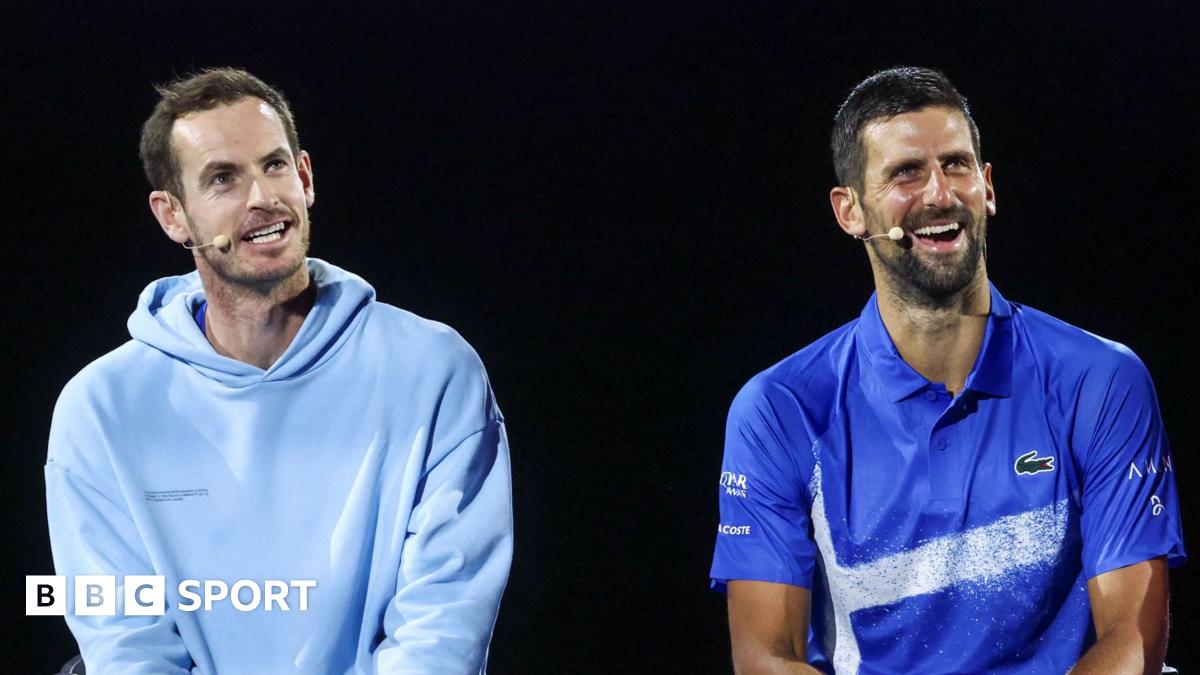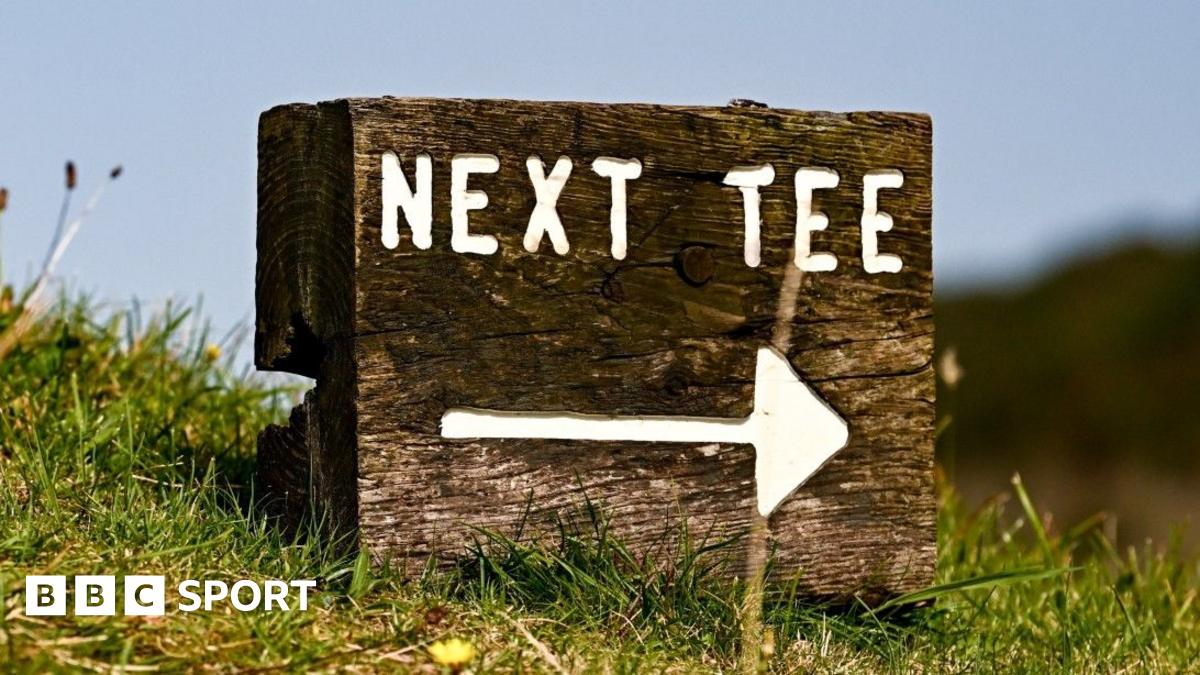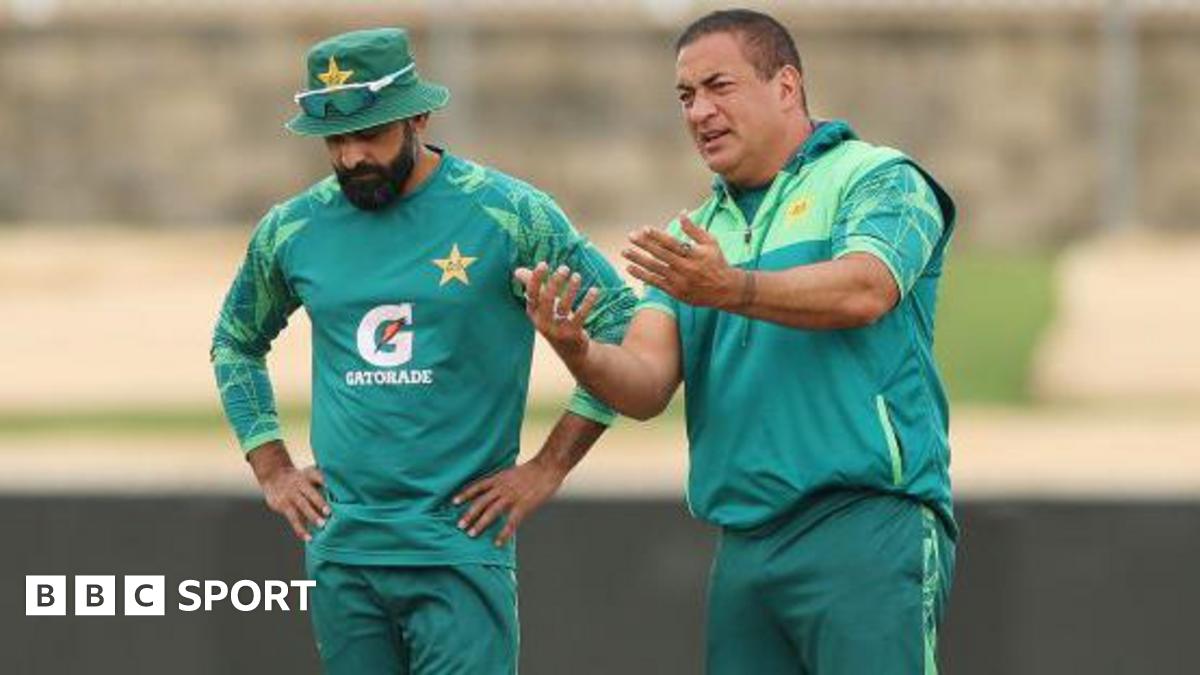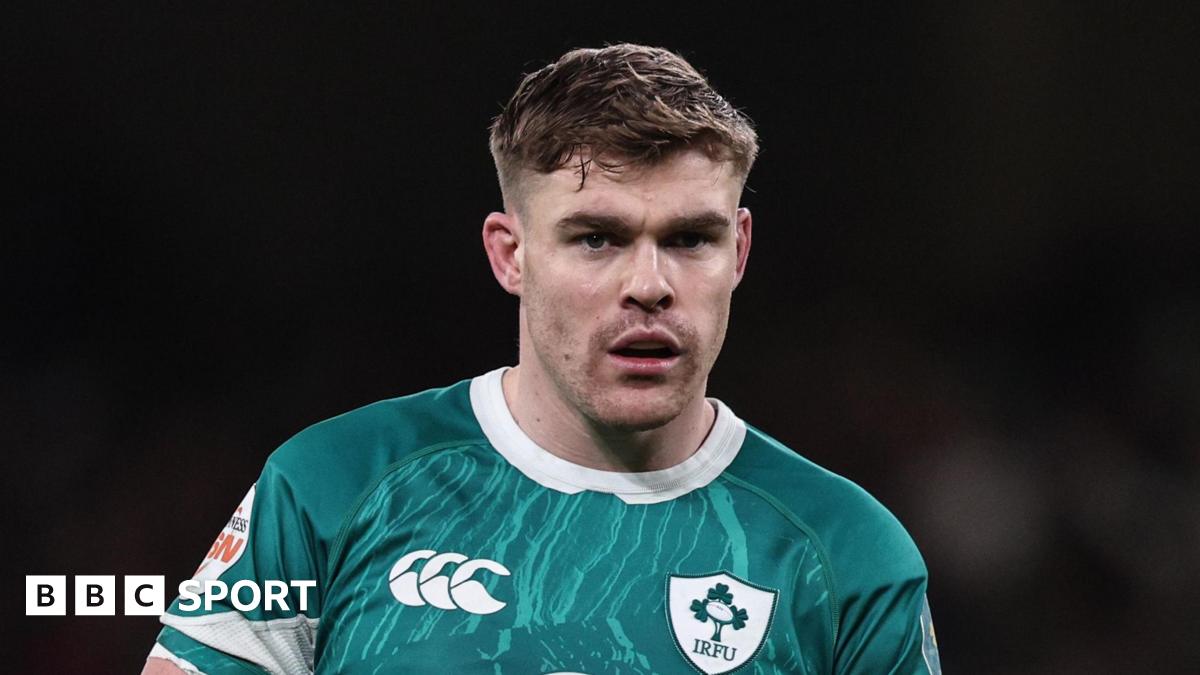Zoey Clark feared for her athletics career in January when she could not stand up for more than 20 seconds without being “in agonising pain”.
Now the 28-year-old Scottish sprinter is confident of being in the mix for Olympic selection at next year’s Games in Paris despite resigning herself to not competing this year.
Clark, who has won 4x400m relay medals at World, European and Commonwealth level, was diagnosed with a prolapsed disc in her back at the turn of the year.
“I am able to run, not that quickly,” she tells BBC Scotland, but that is undoubted progress given where she was just five months ago.
“I was in a lot of pain, I couldn’t stand any more. For a period of about two weeks, I could at most stand for about 20 seconds and, if so, I was in agonising pain, so the first two weeks were really scary because I was basically bed-bound for a while.
“I am on the road to recovery, but now I am just having to deal with some of the side effects, such as damage to my nerve route, which is making my legs a bit less responsive, which as a runner, is not ideal, I must tell you.
“I am hoping that, the more I do, the more the nerve will be activated and hopefully I will regain full control of that leg.”
Having initially pulled the plug on her indoor season, Clark now says she will not compete at all in 2023.
It is a decision she admits “is quite a difficult one to come to grips with” and one that means she will miss the World Championship in August.
“I know that I am just not in a position where I will be able to compete and be competitive this year,” Clark said. “I am obviously devastated not to be able to try and compete at the World Championships this year, but I am taking the positives in that next year is the important year.
“Next year is when the Olympics are, so I don’t want to do anything this year to jeopardise my chances for next year.”
‘Limited time frame to compete’
As a process engineer with Aberdeen-based global firm Wood, Clark has at least been able to immerse herself in something other than the recovery process – one she has described as “isolating”.
She points out that athletes realise they “have this limited time frame” in which to compete and, at her age, she was worried “does this mean that is the end of my career?”
“So, it is really important to let your team, let your close friends and family around you support you and help you through that because dwelling on that is not helpful,” Clark says.
Clark, who made her Olympic debut at the delayed Tokyo Games in 2021, maintains that: “I can be in a place where I am competitive next year, so I am going to do everything I can to achieve that.
“I am actually feeling quite confident now. If I had spoken to you maybe a month or two ago, maybe you would have got a different answer, but I am seeing so much progress every week and things feel like they are starting to click.”

